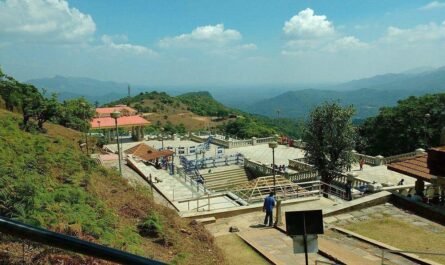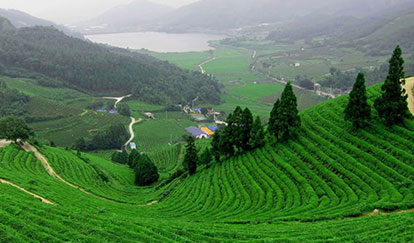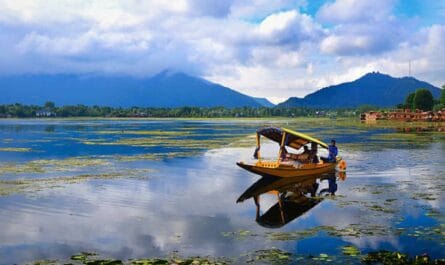Djibouti, a small country located in the Horn of Africa, is a hidden gem that offers unique landscapes, diverse marine life, and a rich cultural heritage. Despite its size, Djibouti is packed with attractions that appeal to adventure seekers and nature lovers. Here are some of the best places to visit in Djibouti, along with information on how to reach them and the best time to visit:
Lake Assal: Located in the Danakil Desert, Lake Assal is one of Djibouti’s most remarkable natural wonders. It is the lowest point in Africa and the saltiest lake outside of Antarctica. The surreal landscape of white salt flats against the backdrop of surrounding volcanoes makes for a mesmerizing sight. Lake Assal is accessible by road from Djibouti City.
Lac Abbe: Another extraordinary salt lake in Djibouti, Lac Abbe is known for its otherworldly landscapes and geothermal activity. The lake is dotted with limestone chimneys called “fairy chimneys,” which create a surreal and dramatic scenery. Lac Abbe is located in the western part of the country, close to the border with Ethiopia, and can be reached by a long and rugged drive or through organized tours.
Goda Mountains: The Goda Mountains, also known as the Grand Bara Desert, are a range of volcanic mountains that offer scenic hikes and stunning vistas. Explore the lunar-like landscapes, spot wildlife like gazelles and ostriches, and marvel at the beauty of the rugged terrain. The Goda Mountains are located in the southern part of Djibouti and can be reached by a four-wheel-drive vehicle.
Djibouti City: The capital city of Djibouti is a bustling hub that blends modernity with African charm. Visit the lively markets, explore historical sites like the Hamoudi Mosque and the Presidential Palace, and enjoy the local cuisine. Djibouti City is served by Djibouti-Ambouli International Airport, with direct flights from several international destinations.
The best time to visit Djibouti is during the cooler months, from November to February, when temperatures are more moderate and comfortable. The country experiences a hot and arid climate, with scorching temperatures during the summer months, often exceeding 40 degrees Celsius (104 degrees Fahrenheit). It’s important to stay hydrated and protect yourself from the sun if visiting during the hotter months.
To reach Djibouti, Djibouti-Ambouli International Airport is the main entry point for international travelers. Several airlines operate flights to Djibouti from major cities in Africa, Europe, and the Middle East. From the airport, taxis or pre-arranged transfers can take you to your destination within the country.
Within Djibouti, traveling by road is the most common mode of transportation. Renting a car or hiring a driver is a convenient option to explore the country, especially for reaching remote areas like Lac Abbe or the Goda Mountains. It’s recommended to hire a local guide for certain excursions, as they can provide valuable knowledge and ensure a smooth journey. In conclusion, Djibouti offers a unique blend of natural wonders and cultural experiences. Whether you’re marveling at the surreal landscapes, diving into pristine marine reserves, or immersing yourself in the vibrant city life, Djibouti promises an unforgettable adventure. Plan your visit during the cooler months to enjoy the best weather conditions and make the most of your time in this captivating






